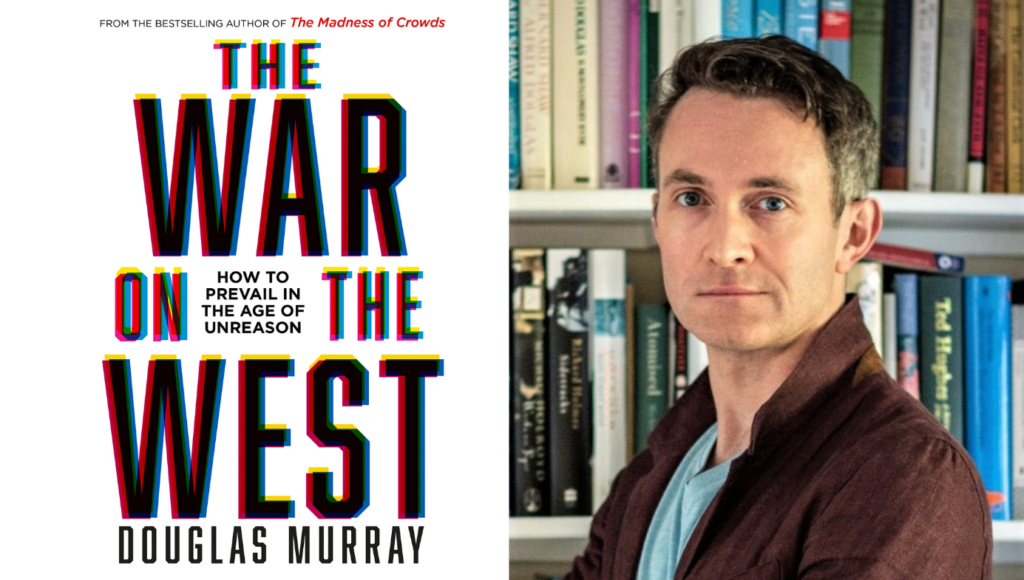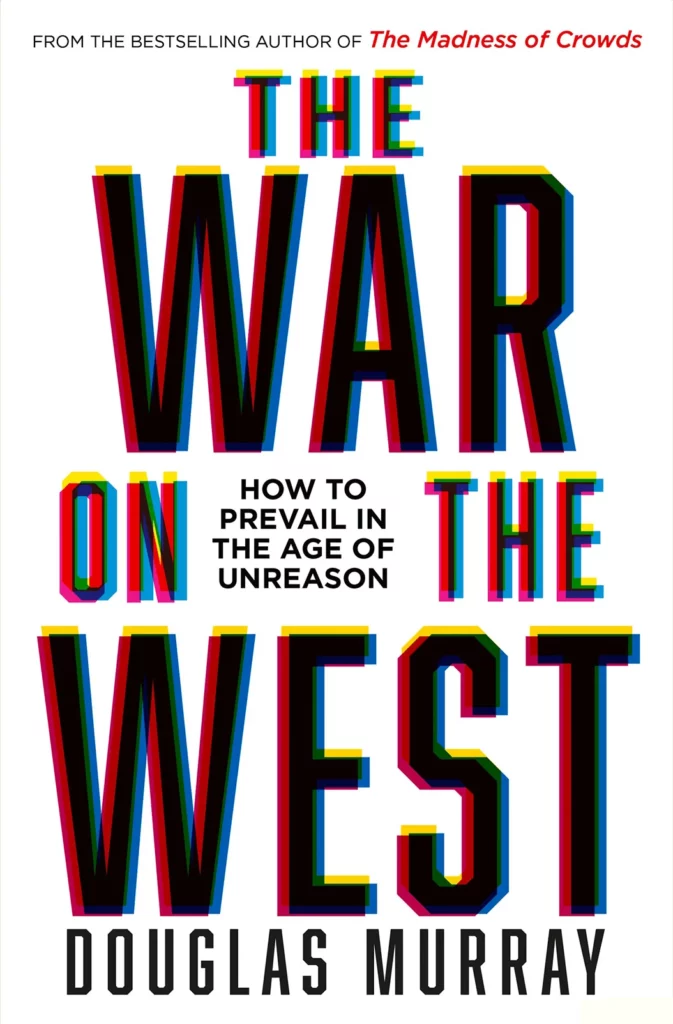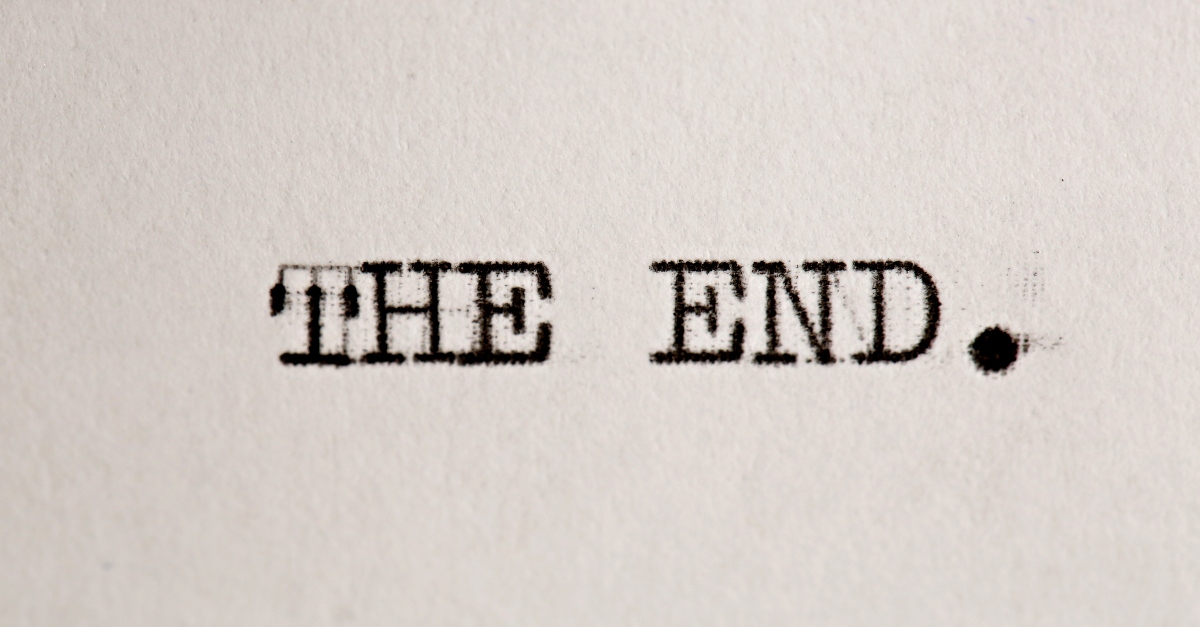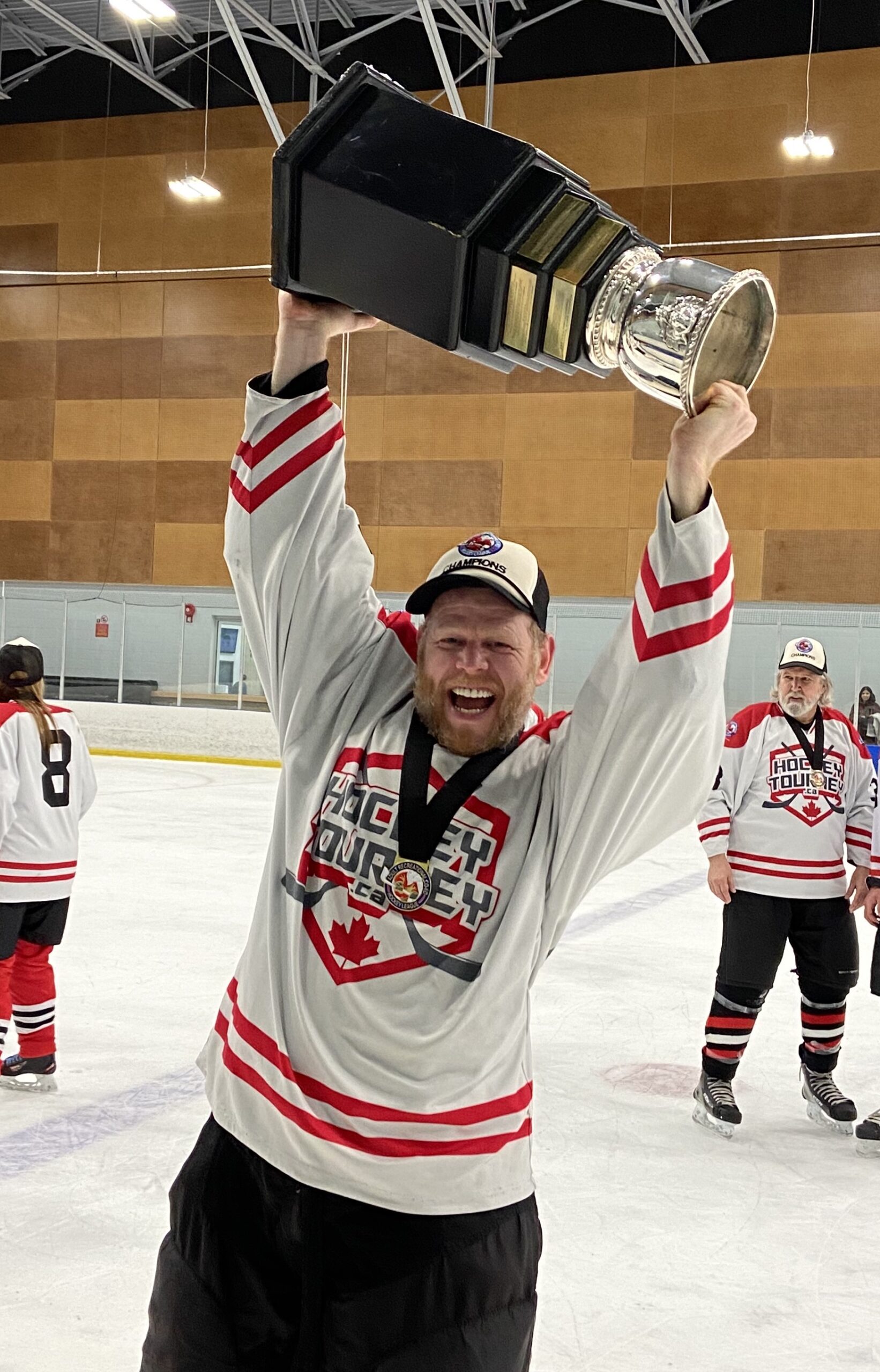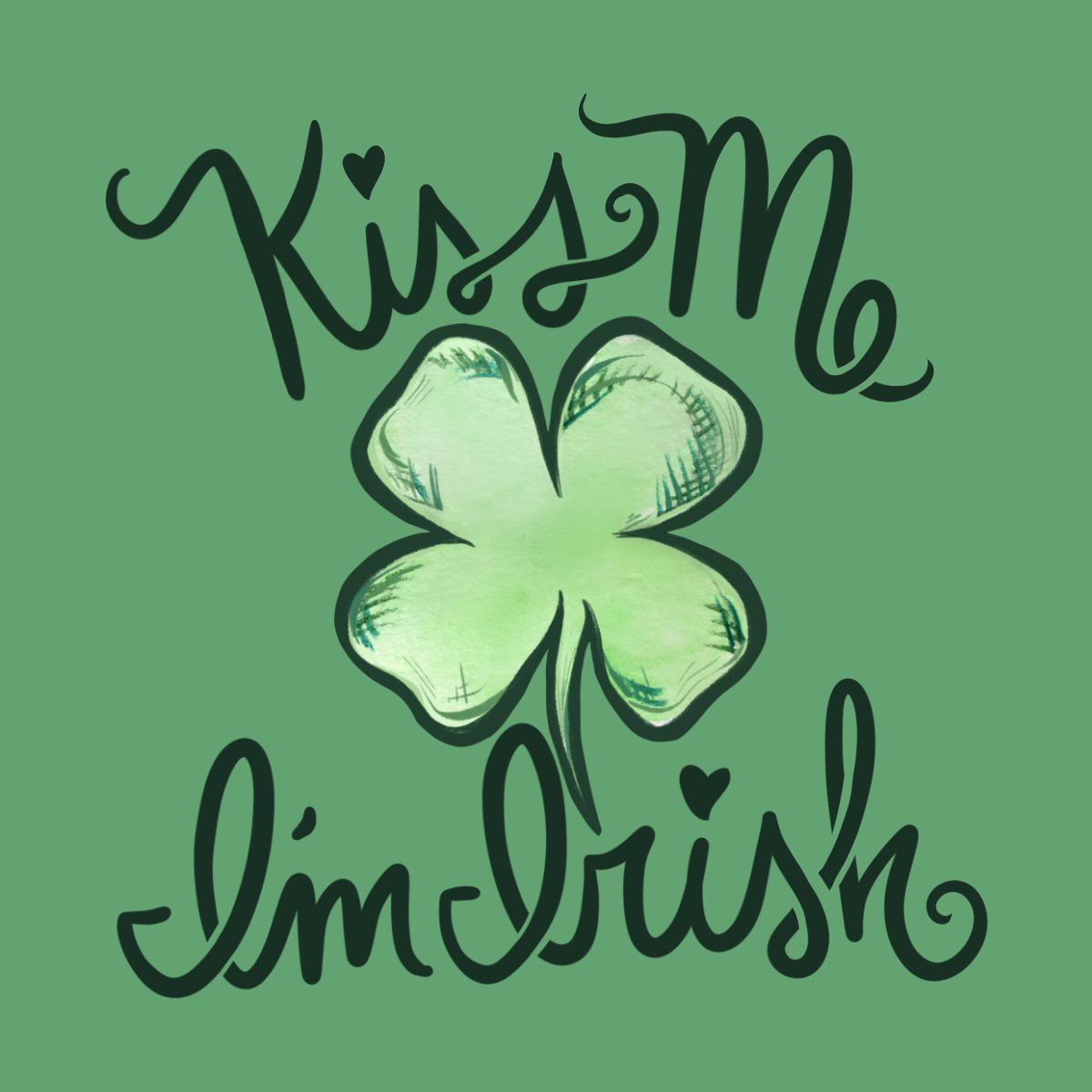Andrew Murray is not a happy camper. Why is he so upset?
Book Summary
He succinctly states his beef using his title: War on the West. According to Andrew, a movement is afoot not just to correct ugly instances of racism whenever they pop up but instead to eradicate Western thought, culture, history, and influence because the entire monstrosity of Western civilization is the single greatest blight upon human existence that ever was.
He’s not joking, either.
Murray is upset that the George Floyd tragedy was never investigated as a racist event, only assumed to be. He’s unhappy that the statues of Churchill, Washington, Grant, and even Lincoln were all torn down while the marble and stone of Engles and Marx remain upright. He goes off about how basic math is now connected to a white supremest plot that seeks to undermine other cultures. 2 + 2 = 4 is a racist, colonizing, bigoted perspective! He is furious that literary greats Jane Austin, S.T. Coleridge, and William Shakespeare have to endure withering attacks about their links to racism, even though the evidence against them is scant at best. Murray blasts away at Critical Race Theory and Anti-Racism radicalism. He categorically disagrees that the lens through which everything must be perceived and judged is race. Murray fumes at derogatory comments freely bestowed on any people of colour who disagree with CRT. The “infected with whiteness” label they receive is shameful. Incidentally, according to CRT, only white people can be racists because racism only exists in places of power. So, one can hate freely from a minority position and not be a racist.
Murray is spectacularly disgusted about how much bad press the West receives regarding the slave trade. The eastern slave trade perpetrated by Muslims captured and sold at least twice as many, and to alleviate the problem of offspring, the males were systematically castrated before being shipped east. Murray points out that both the trades, East and West, were made possible only by black African tribespeople who freely kidnapped their enemies, neighbours, and even relatives, marching them to the African coasts to be traded for rum, clothes, and guns. Why doesn’t this critical link in the horrors of slavery face the music as well?
When Britain voted to prohibit the slave trade, they became the world’s police scouring the seas to stop the abuse, and in the process, they sacrificed thousands of their sons to free at least 150,000 slaves. America destroyed their own country and bled out a million people in a herculean effort to purge itself of slavery. Meanwhile, the Ottoman Empire ramped up its slaving activities. Even to this day, slavery continues unabated in parts of Africa, the Middle East and several other places in the world where Western influences haven’t reached. To Murray, the West, while decidedly imperfect on racism, has been a hell of a lot better than anywhere else in the World by far. America has Barack Obama, Oprah Winfrey, LeBron James, and Beyoncé. Only in America can people of colour achieve such dizzying heights of success, fame, and wealth, yet the criticism continues to fall against the West.
Douglas Murray thinks that an unfair and inaccurate over-focus on the sins of the West is a nefarious plan to destroy it. But he throws up his hands in consternation because one of the most valuable attributes of Western thought is the ability to be self-critical. Western ideology rejects the shame/honour culture that permeates so many other parts of the world. For example, China, Russia and Saudi Arabia virtually never admit mistakes, so they don’t have the opportunity to improve through self-criticism. But it is possible to criticize oneself to death, which, in the purview of Murray, is precisely what the West is doing. Instead, we should be grateful for how far we have come. Murray angrily brushes aside CRT comments that conclude that racism in the West is no better than it was in the 1850s. The incontrovertible falseness of such statements is mind-numbing and, for Murray, absolutely intolerable. We are better, way better, and we were getting even better until CRT took centre stage and made all things racist again. For Murray, the way forward is not to go witch-hunting for racism or inaccurately blame all our troubles on it; instead, with a spirit of gratitude, we need to be free to measure and celebrate our improvements while at the same time being ever-vigilant to make sure that less and less people experience disadvantage on account of their skin colour. An obsession with race is a bad idea. Race cannot be what defines us because if it is, it will divide us.
What I Didn’t Like
Andrew Murray is angry, probably a bit too angry. The sardonic tones and bitter flavour of his writing make his book harder to put down, but at the same time, do less to convince a conscientious reader. I also wonder if his reaction to the overreaction of CRT is an equal overreaction of its own. I have to believe there is a vast middle ground of people who are not convinced there is a War on Western Ideals, nor are they convinced that we are so overcome with racism that only radical revolution can fix it.
What I Resonated With
As a historian, I do think there is, at many levels, an unfair criticism of the West. Western thought is responsible for so much good, starting with basic human rights, the intrinsic value of individual human persons, and freedom. These are distinctly Western ideas baked into us, which is more than can be said for anywhere else in the world. They shape how we have created our laws, built our cities, and evolved our cultures. Additionally, the West’s religion of Christianity has attempted to ensure that love for neighbour remains a paramount ideal. There is a reason why immigration always moves in the direction of Western societies and not vice versa.
When I look back on history, the really bad stuff always happens when we focus on the visible distinctions between ourselves and make value judgments based on those distinctions. I agree with Murray that race cannot define us. First and foremost, all of us are a part of the human race; as individuals of that race, we are intrinsically valuable. From the value perspective, we can work together to build a better future, and all agree that it does not matter AT ALL what we look like. That’s a perspective I can get behind.
